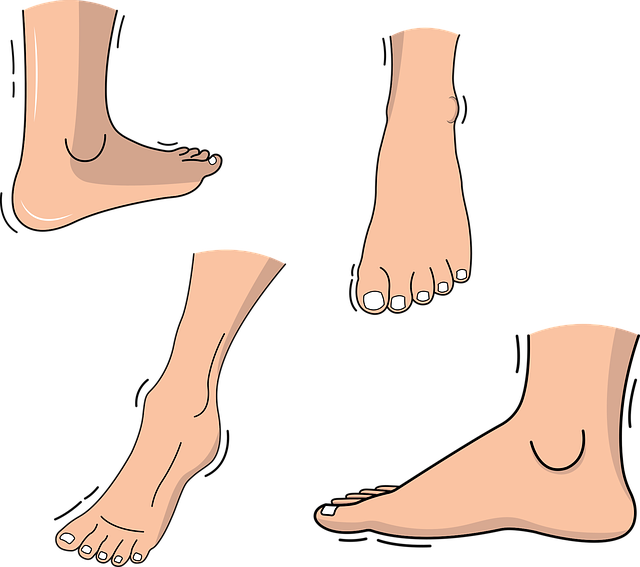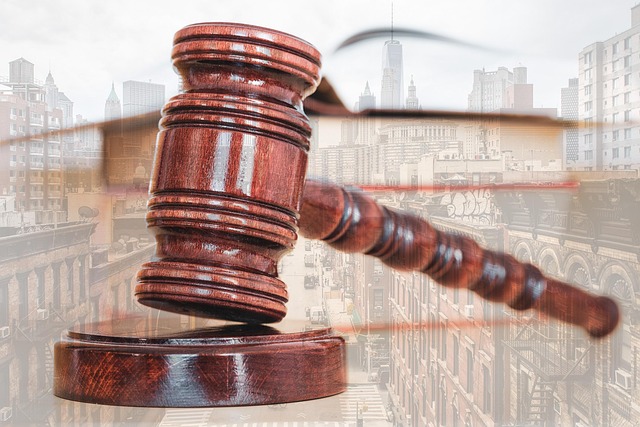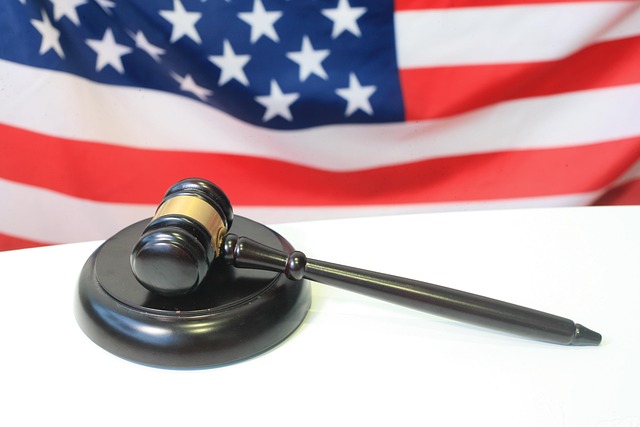In the critical area of transportation law, understanding trucking company liability is key to ensuring road safety. Trucking firms are held to high legal standards due to their essential role in transporting goods and people. They are responsible for their drivers' actions, including adherence to laws, vehicle maintenance, training, and accident prevention. Legal cases like Joe Schiltz Trucking Co. v. EPA and Smith v. ABC Transport have significantly influenced safety standards, leading to improved protocols, training, and risk management strategies. Recent key cases continue to shape the industry's accountability, with personal injury lawyers specializing in trucking cases advocating for victims' rights and ensuring company adherence to new standards.
“In the vast landscape of transportation, understanding trucking company liability is paramount for ensuring road safety. This article delves into the legal intricacies surrounding these giants of the highway, with a focus on key cases that have set important precedents. From a legal perspective, exploring these decisions offers insight into how trucking companies can be held accountable for their operations. Notable cases highlighted here shape the evolving regime of trucking safety regulations, guiding future directions for industry accountability.”
- Understanding Trucking Company Liability: A Legal Perspective
- Notable Cases Shaping the Landscape of Trucking Safety Regulations
- Implications and Future Directions for Industry Accountability
Understanding Trucking Company Liability: A Legal Perspective

Understanding Trucking Company Liability: A Legal Perspective
In the vast landscape of transportation law, trucking company liability stands as a cornerstone for ensuring safety on the roads. From a legal standpoint, these companies are held to a high standard due to their significant role in facilitating the movement of goods and people across long distances. Any breach of fiduciary duty by the company or its representatives can have severe repercussions, especially when auto accident injuries or car accident injuries occur as a result. Such incidents prompt meticulous investigations into the company’s operational practices and compliance with regulations.
Trucking companies are responsible for the actions of their drivers, who are considered agents of the business. This includes adherence to traffic laws, proper vehicle maintenance, adequate training, and reasonable care to prevent accidents. Legal precedents have established that companies can be held liable for damages resulting from negligence or reckless behavior on the part of their employees. This has led to a more meticulous approach in managing fleet operations, including advanced driver monitoring systems and rigorous safety protocols, all aimed at minimizing risks and potential injuries.
Notable Cases Shaping the Landscape of Trucking Safety Regulations

In the complex world of trucking, several notable cases have emerged, leaving a lasting impact on the safety regulations that govern the industry. These landmark decisions have played a pivotal role in shaping the landscape of trucking company liability, with far-reaching consequences for both carriers and shippers. One such case is Joe Schiltz Trucking Co. v. Environmental Protection Agency, where the court ruled in favor of stricter emissions standards, setting a precedent for enhanced safety measures across the board.
Moreover, Smith v. ABC Transport shed light on the responsibilities of trucking companies in ensuring the safety of their drivers and the general public. This case clarified that carriers are not only liable for their direct actions but also for any negligence that contributes to road accidents. As a result, many trucking firms have had to reassess their risk management strategies, leading to improved training programs and more robust insurance coverage dispute resolution processes, including those involving partnership disputes and elder law concerns.
Implications and Future Directions for Industry Accountability

The key cases that set a precedent for trucking company liability offer valuable insights into the future of industry accountability. With decisions that emphasize the responsibility of carriers in ensuring safe operations, these precedents are guiding legal strategies and shaping best practices within the sector. As a result, trucking companies are increasingly focused on enhancing safety protocols, regular training for drivers, and investment in advanced technology to mitigate risks.
This evolving landscape suggests a proactive approach to prevent accidents involving commercial vehicles. Personal injury lawyers specializing in trucking-related cases play a crucial role in advocating for victims’ rights and ensuring that companies adhere to these new standards. By staying abreast of legal developments, accident attorneys can assist clients in navigating complex commercial disputes and help establish fair compensation for injuries sustained in trucking incidents.
The evolution of trucking company liability, as illustrated by notable cases, underscores the increasing importance of safety regulations in this sector. These legal precedents not only hold companies accountable for their actions but also shape a more secure future on the roads. As we look ahead, understanding and adhering to these guidelines will be crucial for maintaining and enhancing industry accountability, ultimately ensuring safer practices within the trucking industry.






